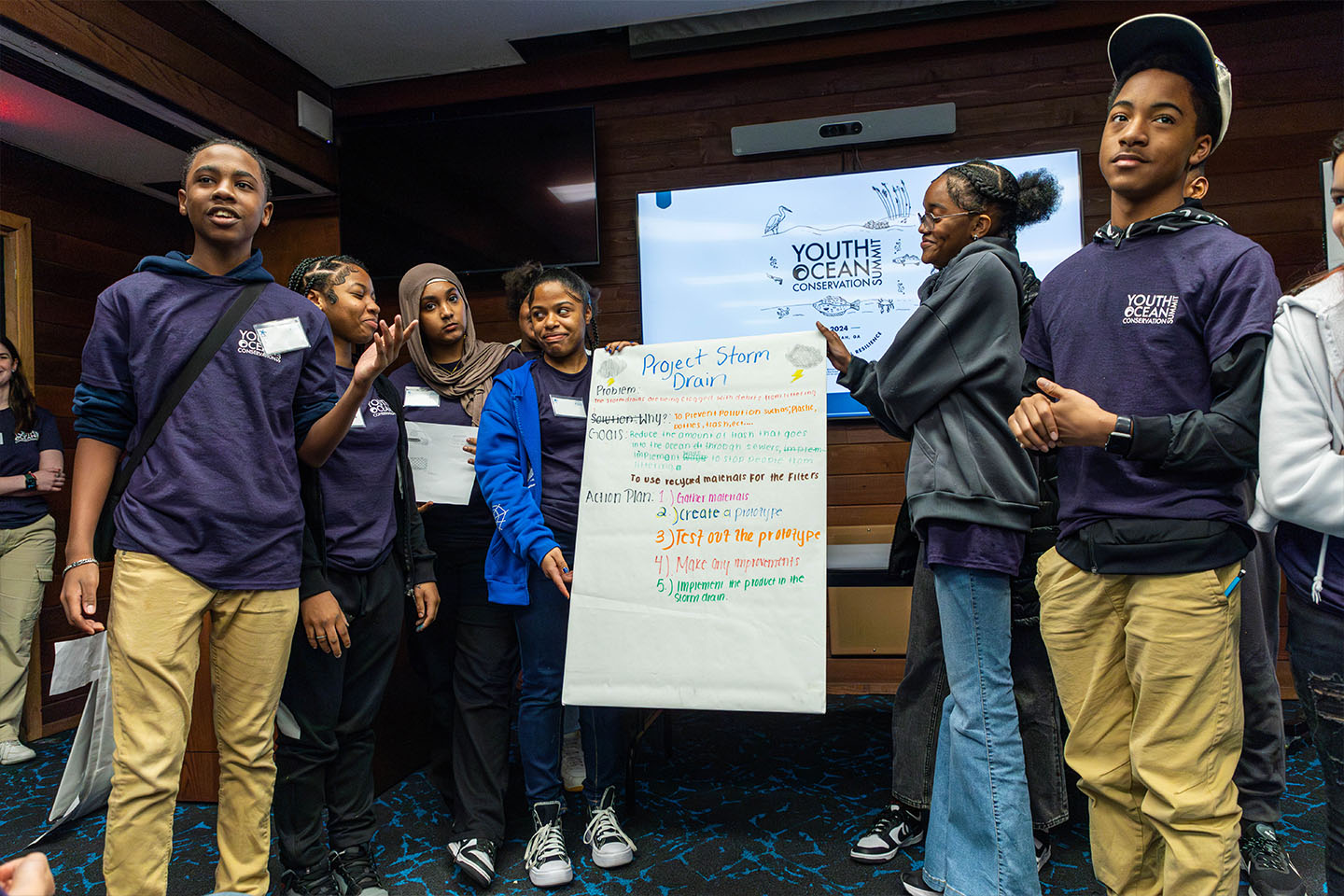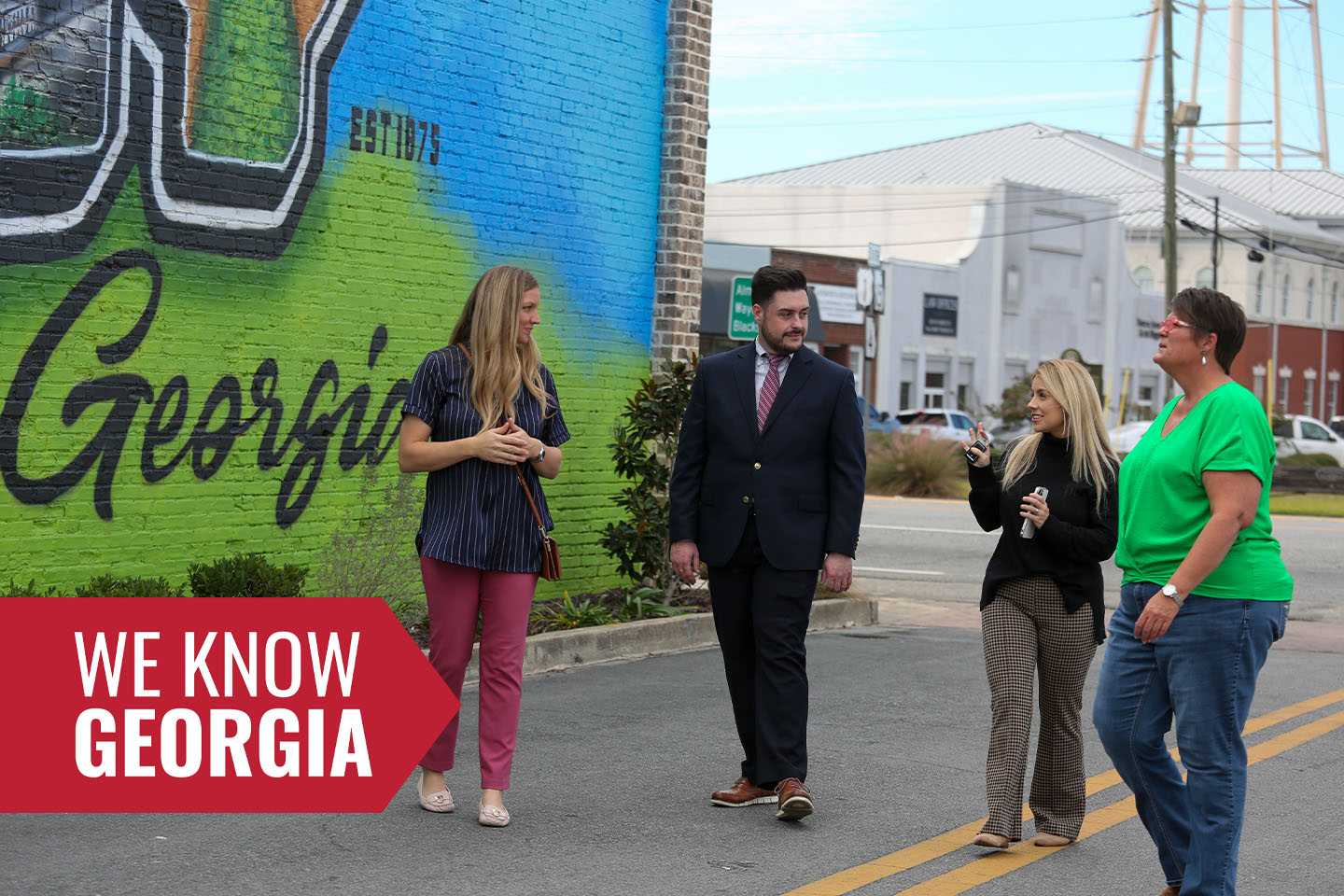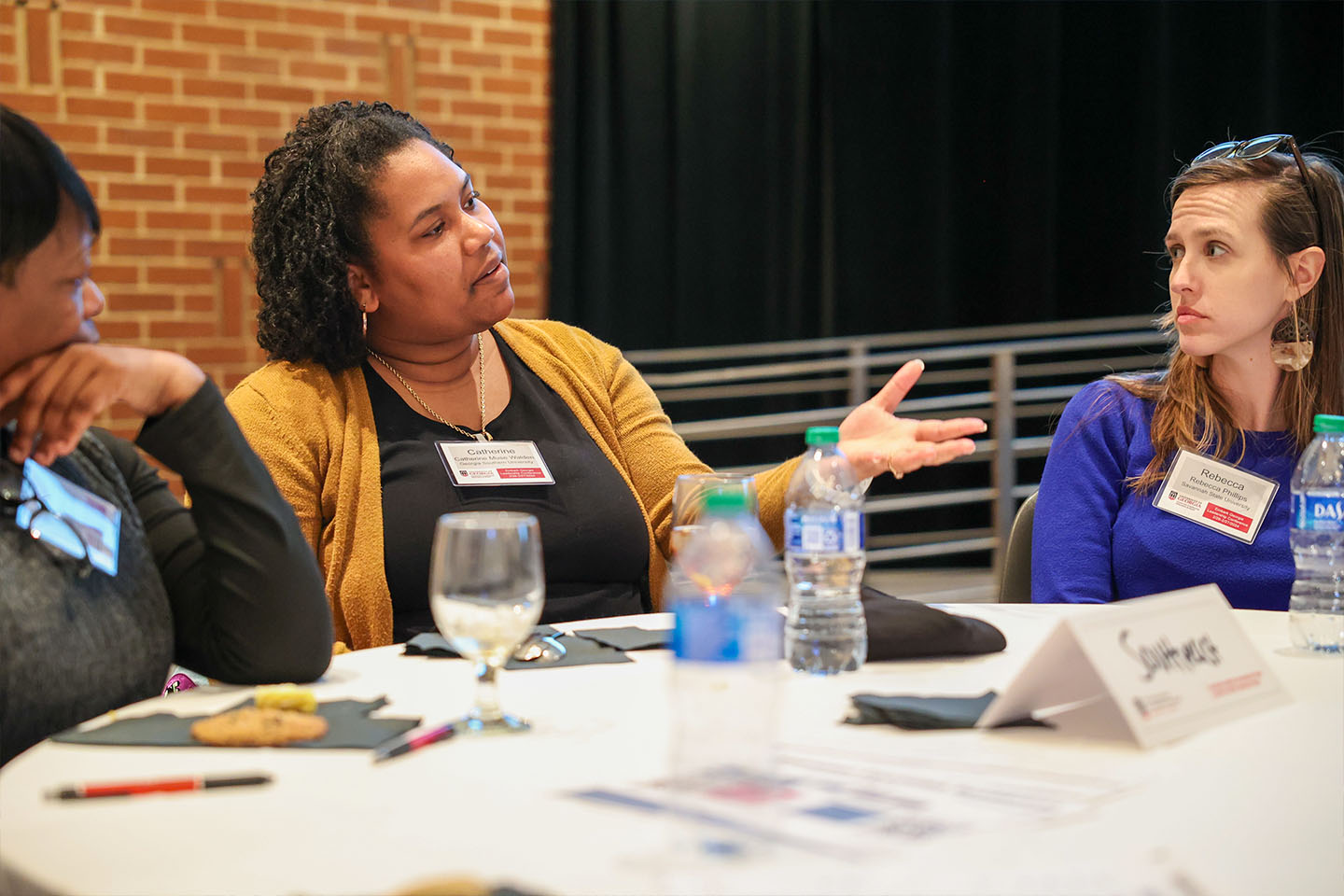Film can be a powerful medium of communication with the potential to educate, motivate and inspire audiences. The right tone can break down walls and encourage dialogue on challenging issues. A dynamic visual narrative can bring complicated ideas to life.
With this in mind, Georgia Sea Grant and UGA Marine Extension Service (MAREX) launched a partnership with the acclaimed EcoFocus Film Festival to spread awareness of environmental issues affecting coastal Georgia to audiences throughout the state. On March 21, the organizations will present the award-winning film “Chasing Ice” to officially open the 2013 EcoFocus Film Festival in Athens. The 7 p.m. screening at Ciné will be preceded by an opening night reception at 6 p.m. catered by The National and followed by a Q& A with a panel of experts.
“Chasing Ice” premiered in Georgia just weeks ago to an audience of over 800 at EcoFocus’ inaugural Jekyll Island Green Screen. Sponsored by Georgia Sea Grant, MAREX, Jekyll Island Authority and the Sapelo Island National Estuarine Research Reserve – Coastal Training Program, the event included a reception featuring barrier island research from 30 scientists and extension specialists, as well as a discussion panel on the implications of sea level rise for coastal Georgia.
Directed by acclaimed filmmaker Jeff Orlowski, “Chasing Ice” is the story of one man’s mission to change the tide of history by gathering evidence of the changing climate. National Geographic photographer James Balog and a band of young adventurers set out into the Arctic with groundbreaking time-lapse cameras in tow, capturing the brutal and rapid transformations of the frozen tundra. Their years of footage were then compressed into in an 80-minute film.
Scientists expect coastal Georgia to experience at least six inches of sea level rise by 2060 as a result of the changing climate. The tide gauge at Fort Pulaski in Savannah has already measured a one-foot rise in sea level over the past 80 years. Much of Georgia’s shoreline lies just a few feet above sea level, putting barrier islands and coastal communities at risk for more frequent flooding, intensified storm surges and saltwater intrusion into low-lying infrastructure. Georgia Sea Grant and the University of Georgia are responding to this long-term hazard by working with coastal governments to assess their communities’ vulnerabilities, assist long-term planning efforts and offer training based on the latest science.
Georgia Sea Grant and the Marine Extension Service are UGA Public Service and Outreach units that have served the Georgia coast for over 40 years. With federal and state support, they provide research, education and outreach on coastal Georgia’s most pressing issues, such as assisting local governments, promoting sustainable development, supporting coastal industries, protecting public health and training the next generation of scientists. Georgia Sea Grant is one of 33 Sea Grant programs and is part of the National Oceanic and Atmospheric Administration (NOAA), U.S. Department of Commerce.



